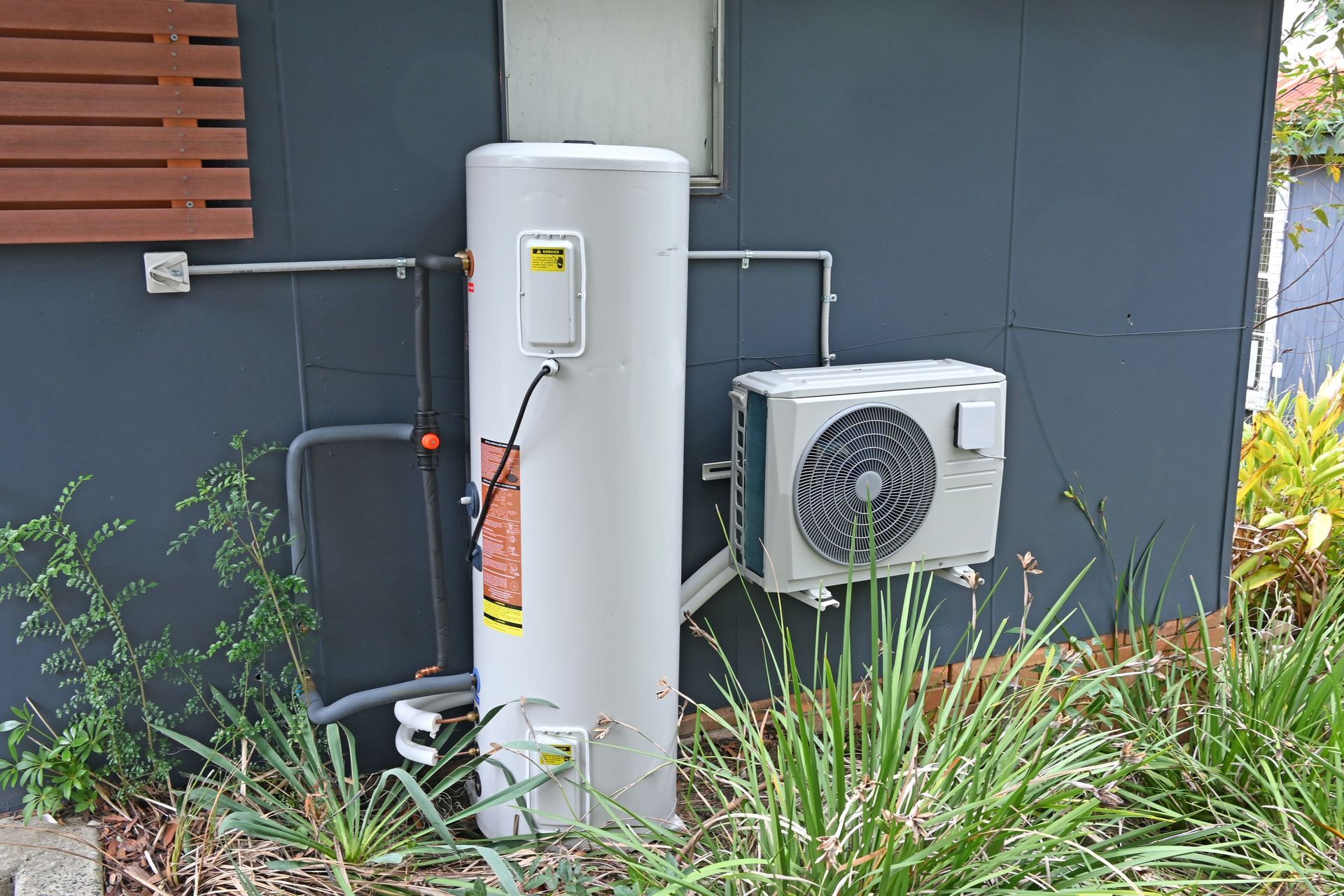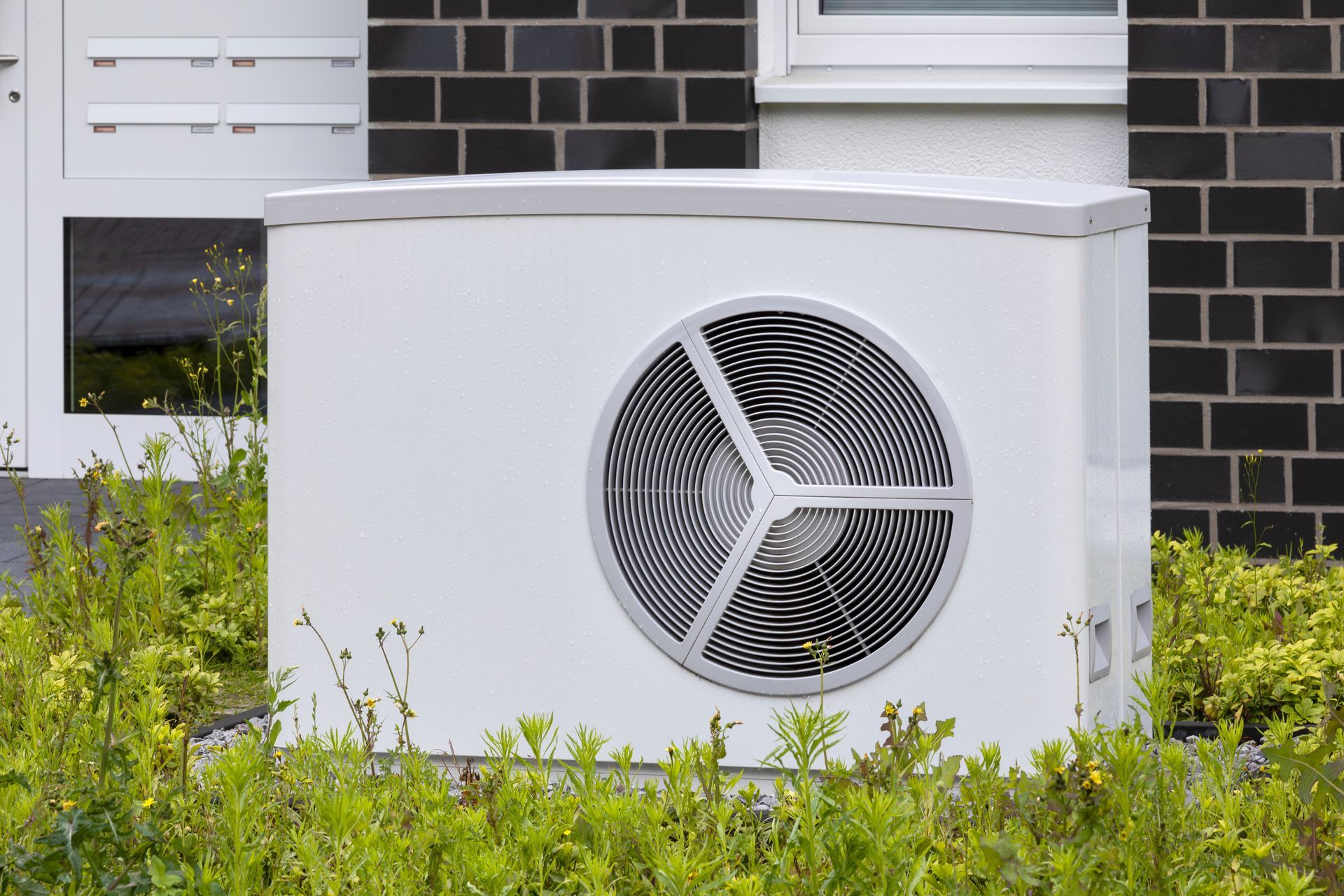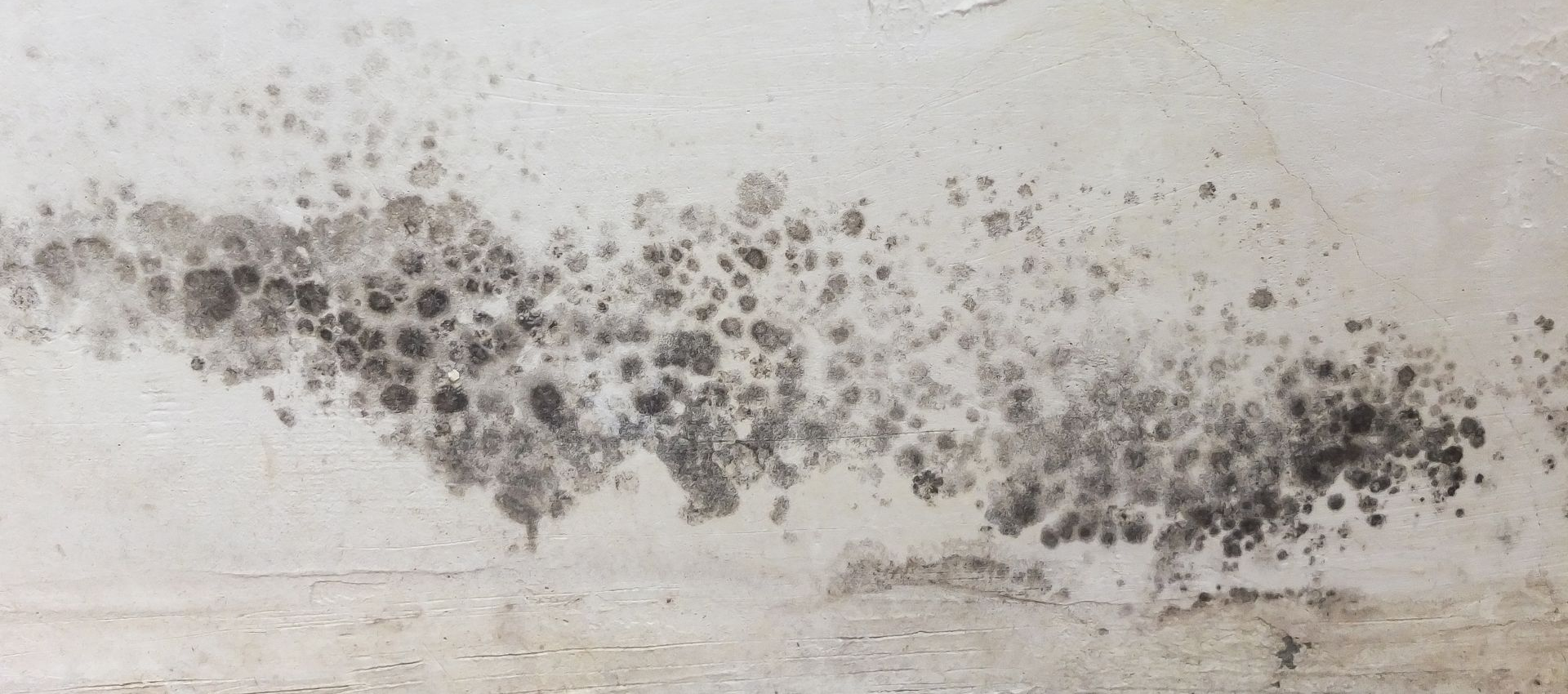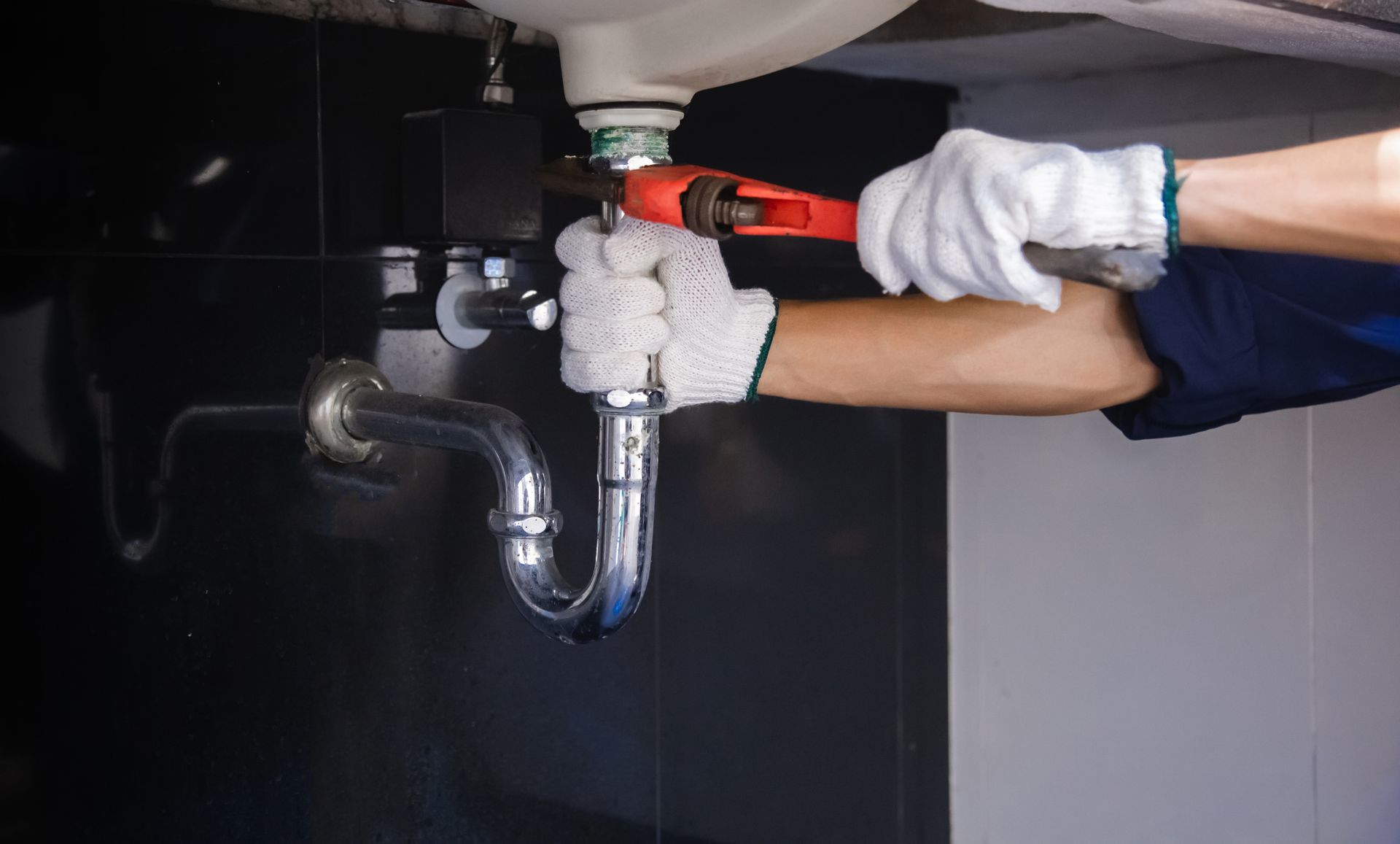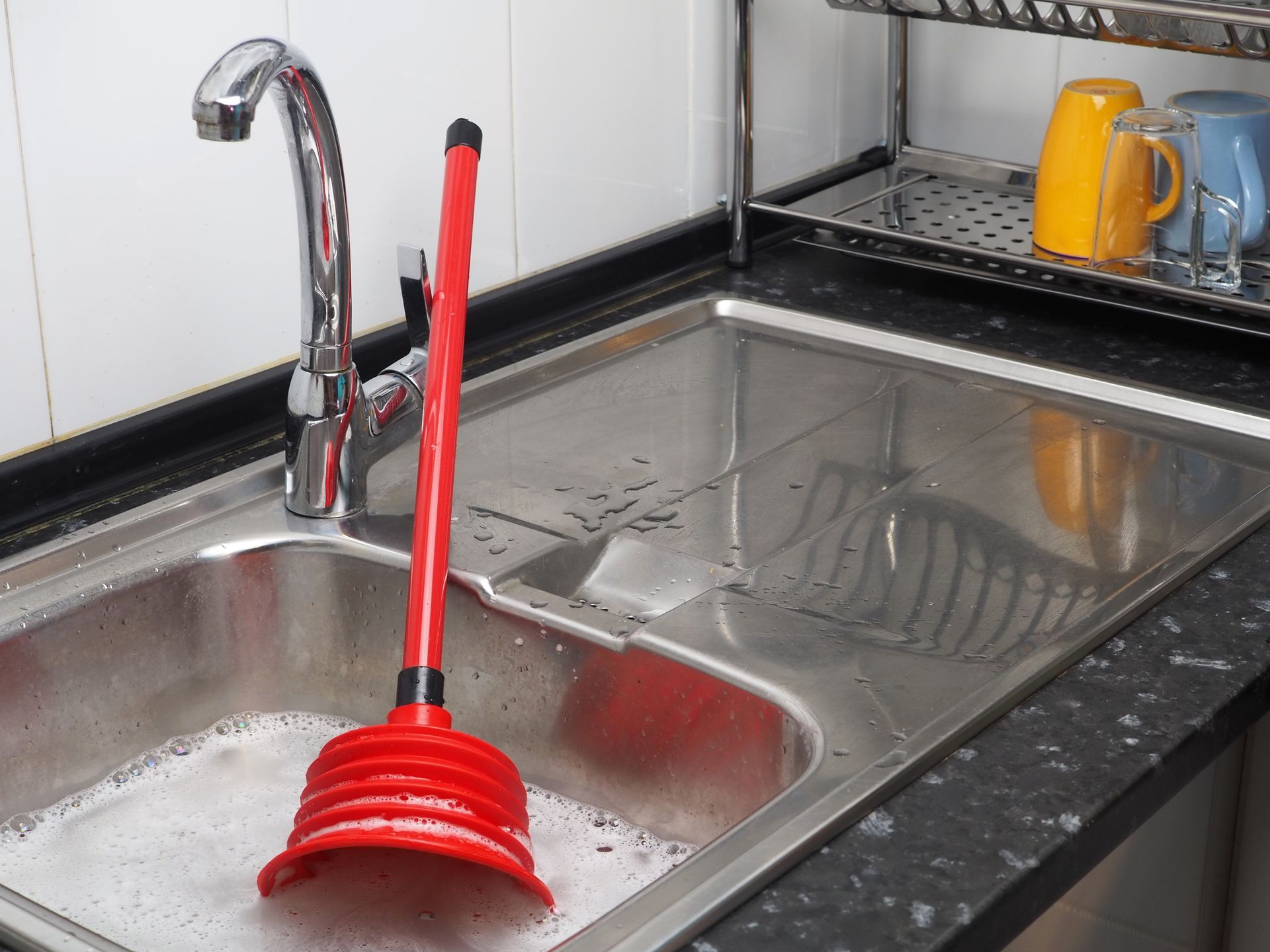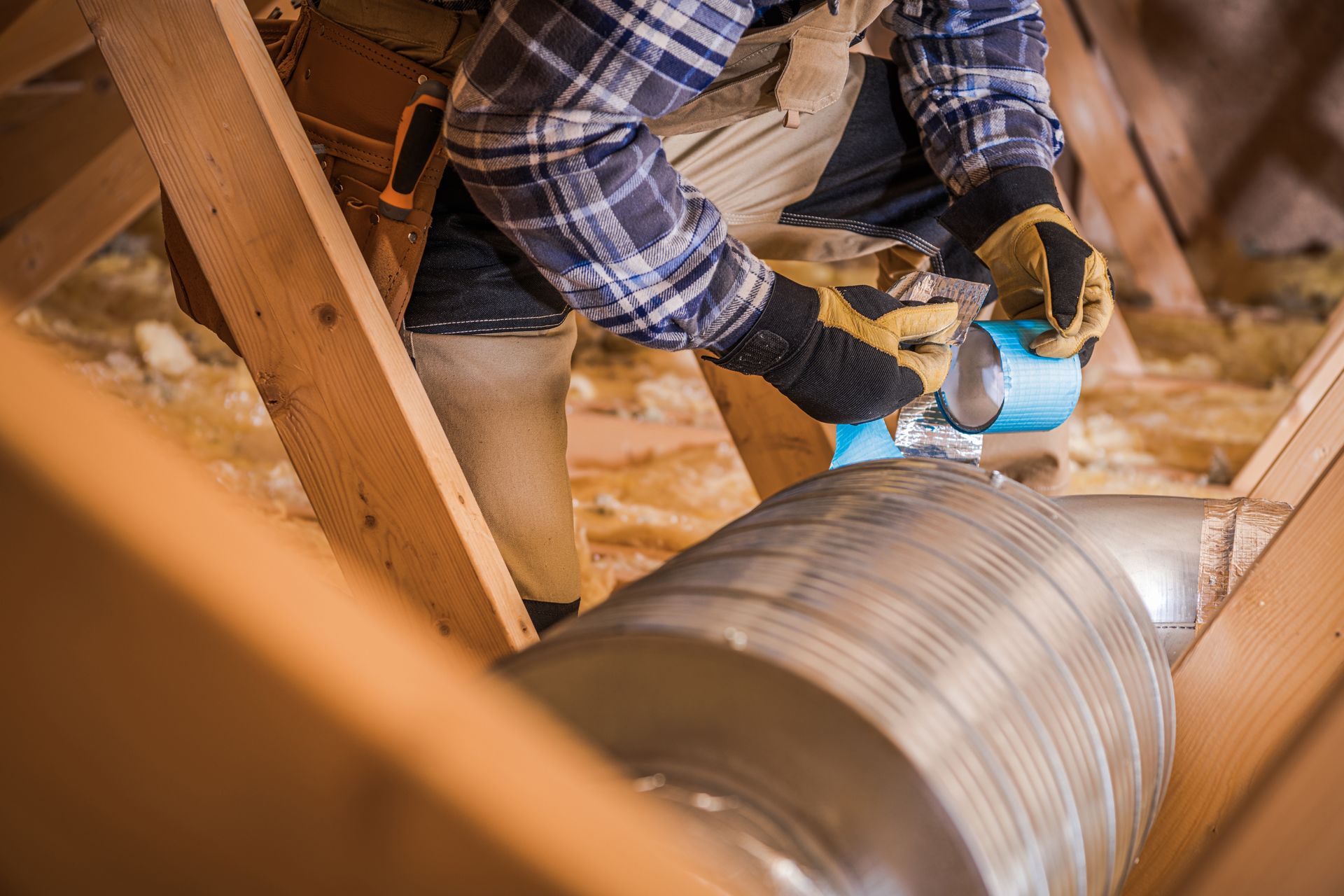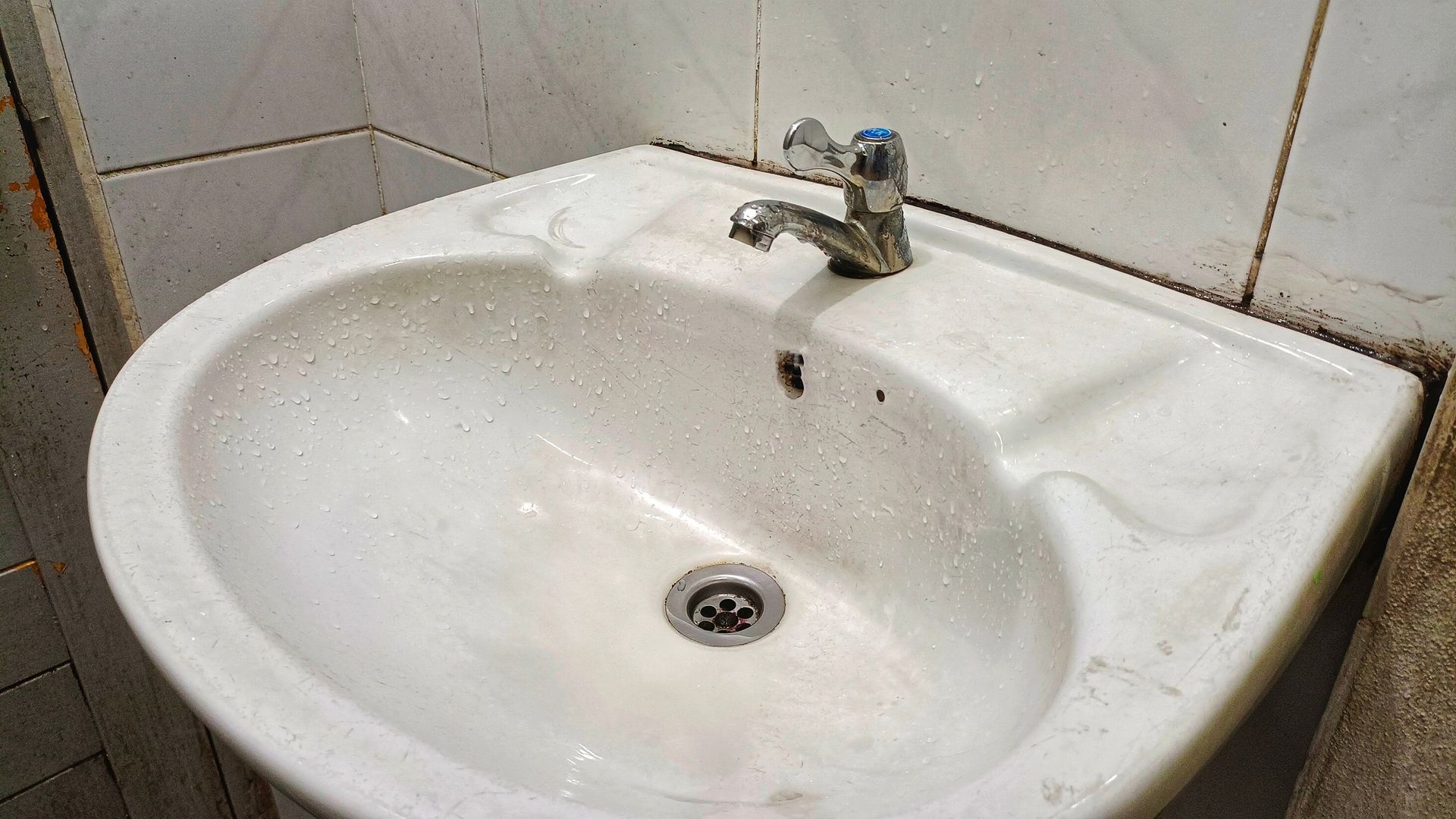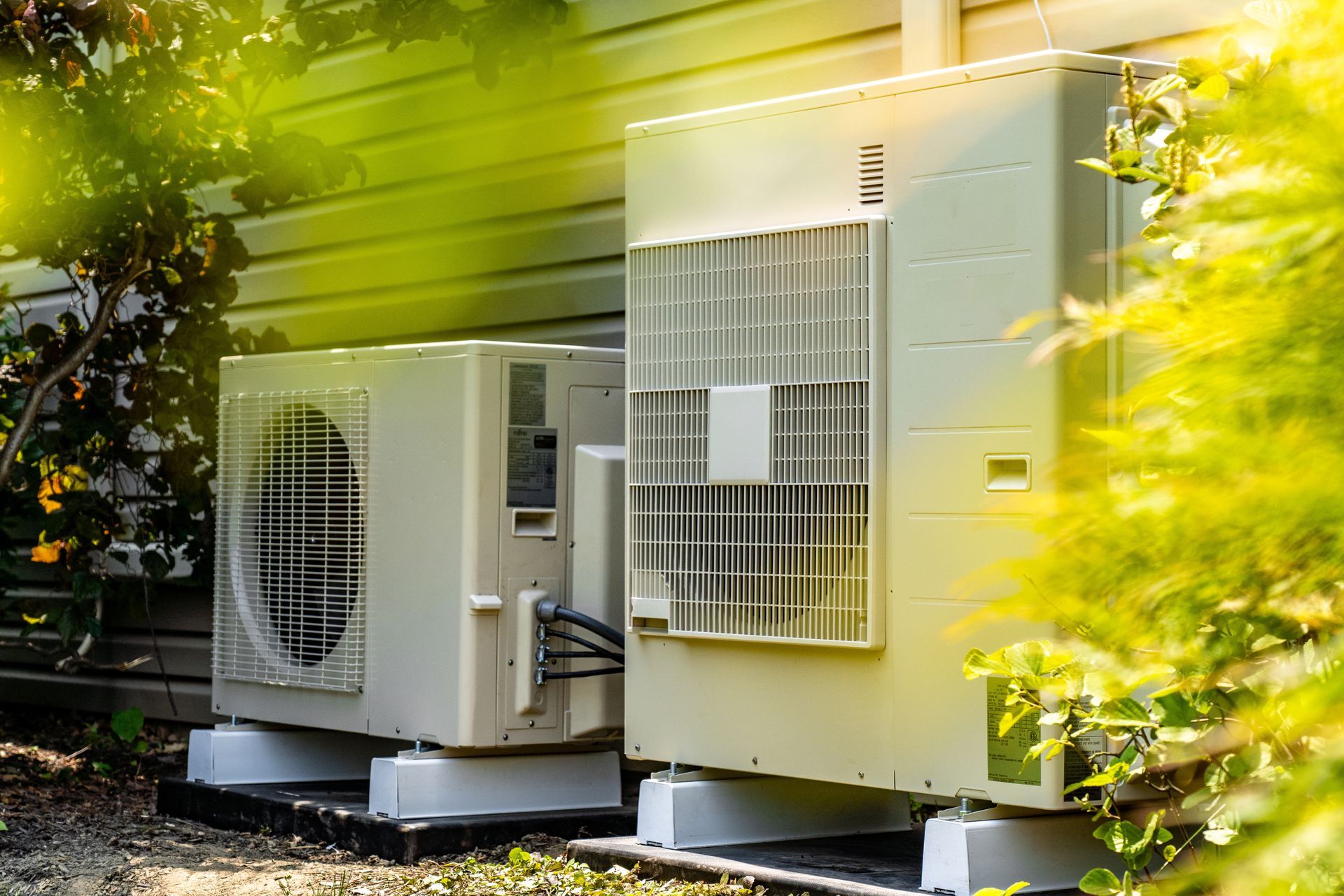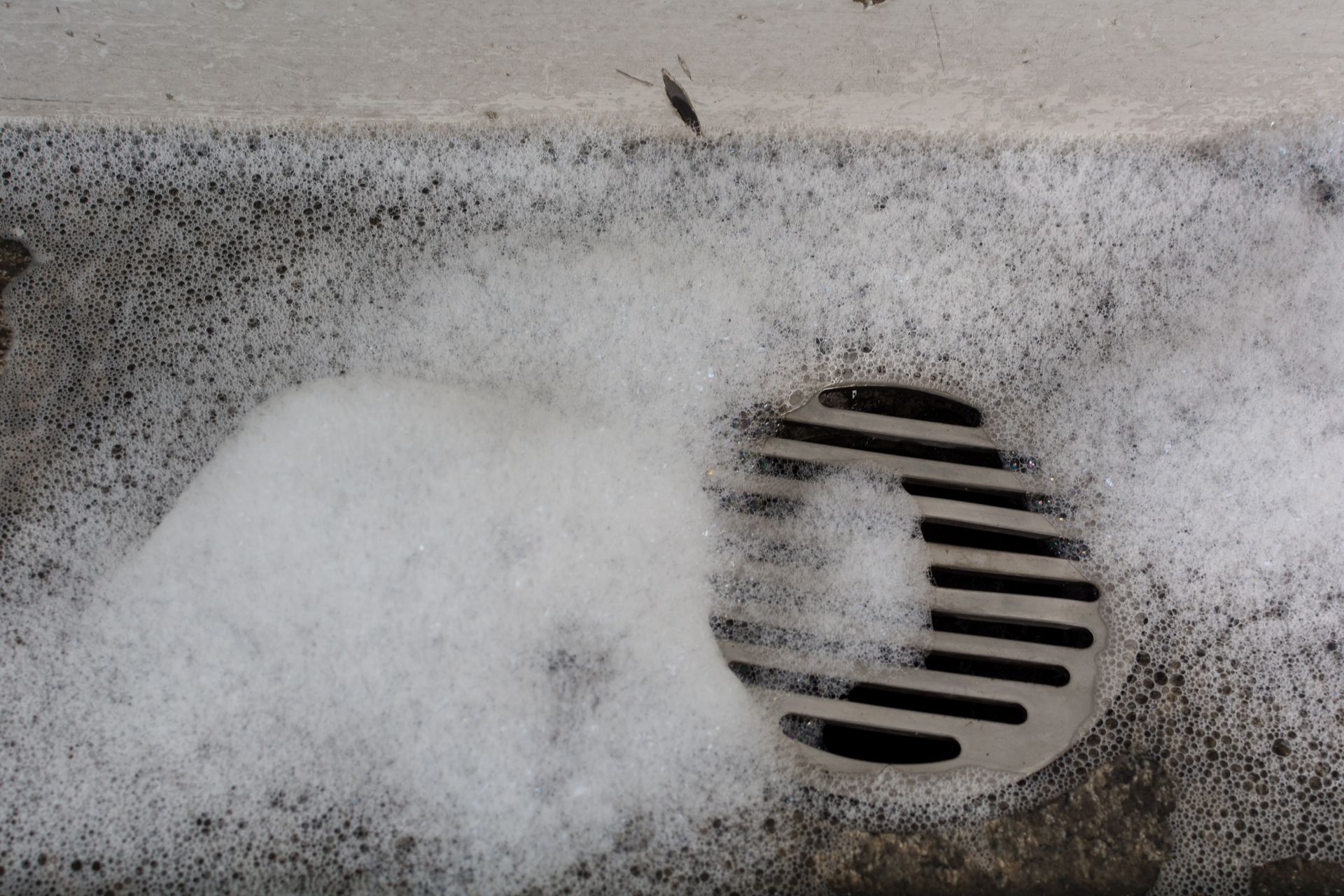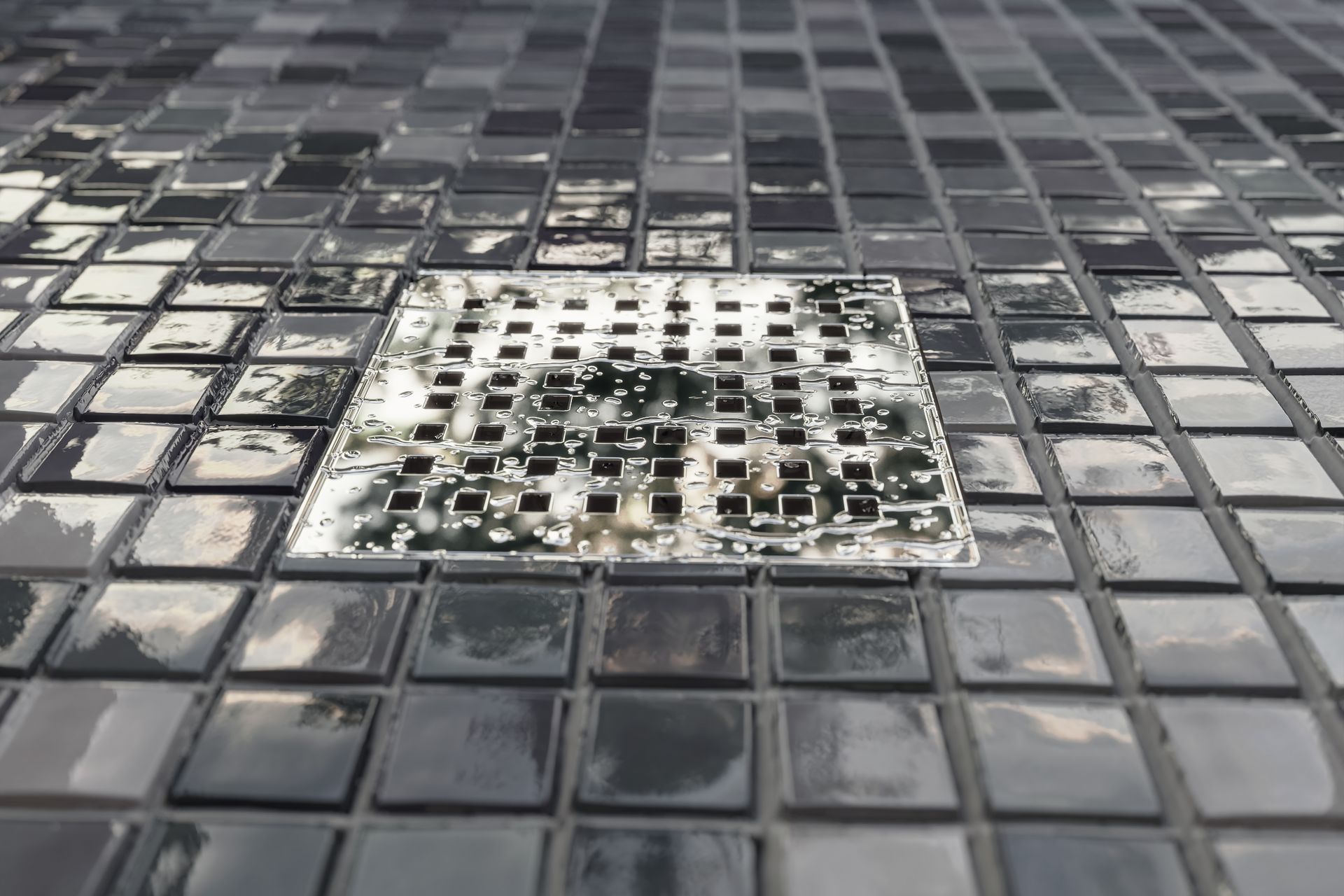Noisy Water Heater? Common Causes and Solutions for Homeowners
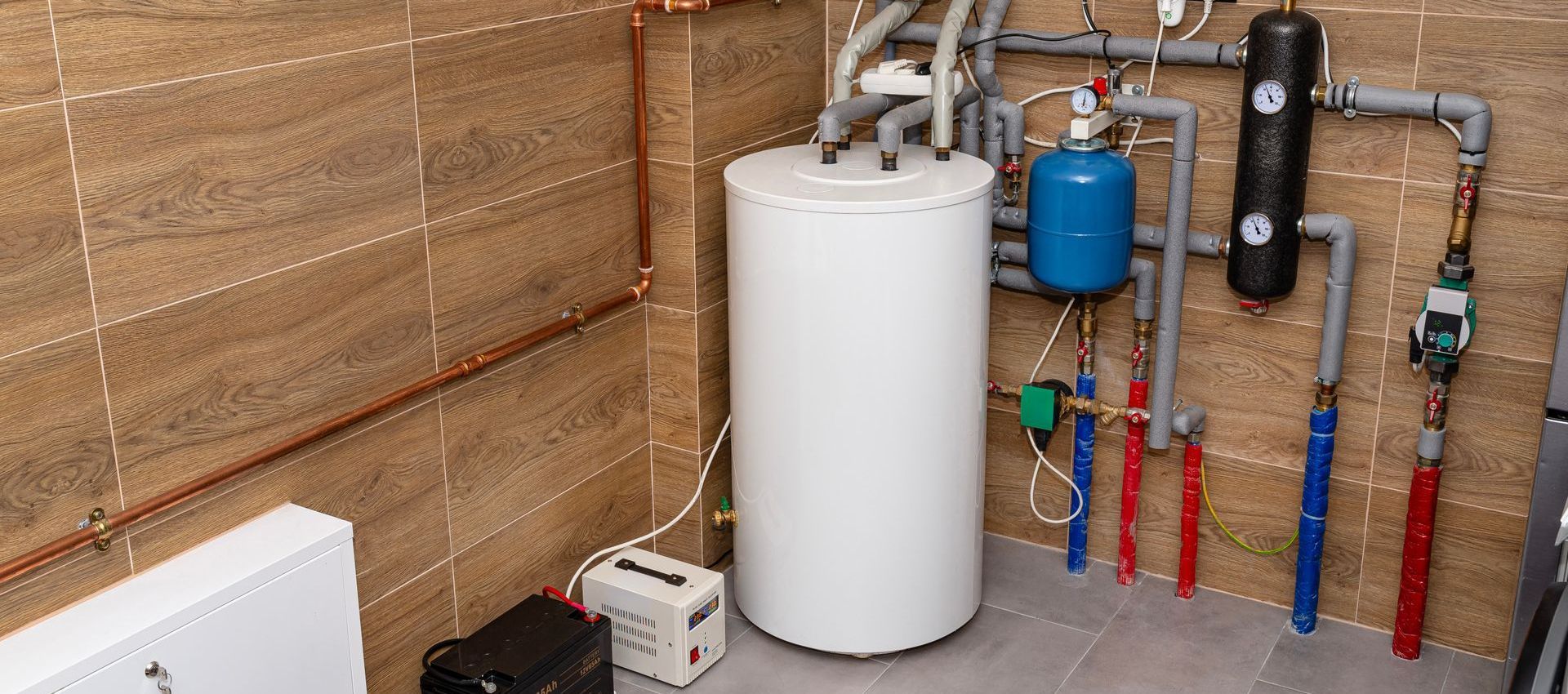
Is your water heater making strange noises? While it might be easy to brush it off, a noisy water heater should be taken seriously. Oftentimes, noises can indicate an underlying problem with your heater, and if left unaddressed, may have negative consequences.
Let’s take a look at some common noises and explore the problems behind them…
Screeching or Whistling
Screeching or whistling sounds can be a sign of restricted water flow within the system. This can occur when a valve is partially closed or if there’s sediment buildup in the pipes. As water tries to force its way through these narrow passages, it creates the sound.
Restricted flow can put added strain on your system and may lead to pressure imbalances or premature wear on components. It's best to have it inspected before the issue escalates into a costly repair.
Hissing
If you hear a hissing sound coming from your water heater, it may signal a few different issues. In electric models, this sound is usually the result of scale buildup or partial submersion, which causes the tank’s element to overheat.
In other cases, it could indicate that water is leaking onto a hot surface, such as the burner or heating element, which creates steam and hissing. While it is usually a minor problem, hissing shouldn’t be ignored since it can be an early warning sign of component failure or leaks.
Rumbling, Popping or Banging
These types of noises are often caused by sediment buildup. This occurs when minerals from water accumulate at the bottom of the water tank. While this is a common occurrence, it can cause problems if left unchecked.
If there’s enough debris, sediment can reduce your heater’s efficiency, making the burner work harder than it should. Additionally, the water under the sediment will become trapped, forming steam bubbles. If these bubbles pop, they can explode, causing significant damage and severe burns to those exposed to scalding water.
How Are These Water Heater Problems Fixed?
Some common solutions to reduced efficiency and sediment buildup include:
- Flushing the tank – Regularly draining and flushing the tank helps remove sediment buildup and improves overall efficiency.
- Using a sediment filter – Installing a sediment filter on your water line can reduce the amount of debris entering your system in the first place.
- Water softener – A water softener treats hard water at the source, reducing mineral deposits that cause scaling and noise in your heater.
Chemical descaler – Applying a chemical descaler can break down existing mineral buildup on heating elements and the interior walls of the tank.
Can I Do These Tasks Myself?
It’s best to have a professional plumber handle solutions like flushing the tank, installing sediment filters or applying chemical descalers. These procedures require the right tools, knowledge and safety precautions to be done effectively and without causing damage to the system.
For example, improper flushing can stir up sediment and clog pipes, and misusing a chemical descaler can harm your tank’s interior lining. Additionally, setting up a water softener or filtration system involves precise installation to ensure it works correctly with your plumbing system. A licensed plumber can quickly diagnose the problem and fix it safely. This not only extends the life of your water heater but also helps homeowners avoid costly repairs down the road.
Keeping Up on Regular Maintenance
An easy yet effective way to safeguard your water tank is through regular maintenance. Routine tasks like tank flushings, inspections and cleanings can lower the risk of sediment buildup. Plus, plumbers can quickly identify small problems before they develop into major repairs. Regular maintenance not only prevents problems from occurring but also provides homeowners with peace of mind.
Looking for Professional Plumbers? Buzzell Has Got You Covered!
If you’re a homeowner in central Georgia, Buzzell Plumbing, Heating, and Air Conditioning has got you covered! We proudly serve the Warner Robins and Macon communities with reliable, professional plumbing services.
Our team of skilled plumbers is ready to assist with all your plumbing needs. To schedule a service appointment, call us at 478-209-3210. For more information about our full range of services, including HVAC repair and maintenance, please visit our website by clicking the link here.
